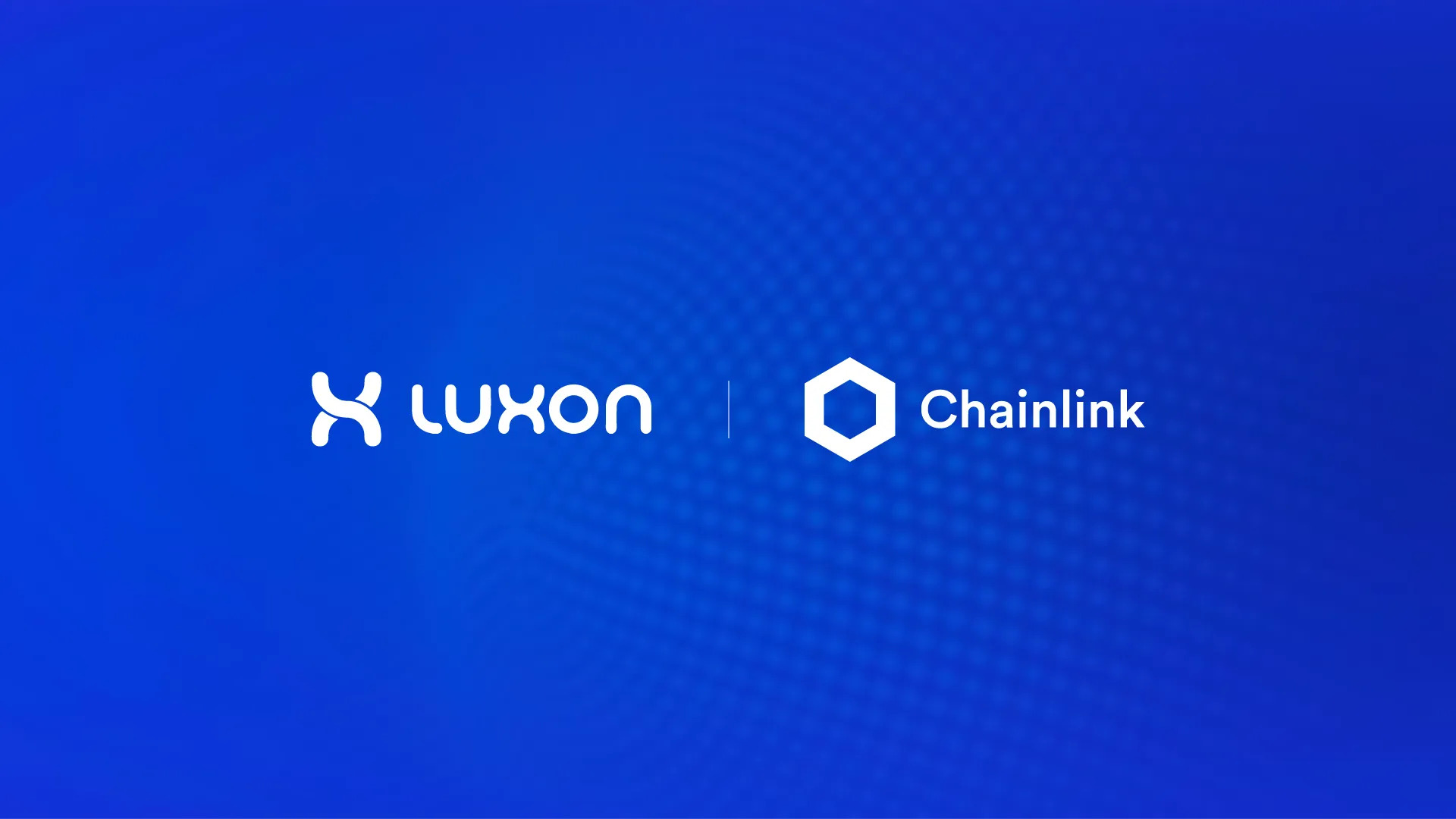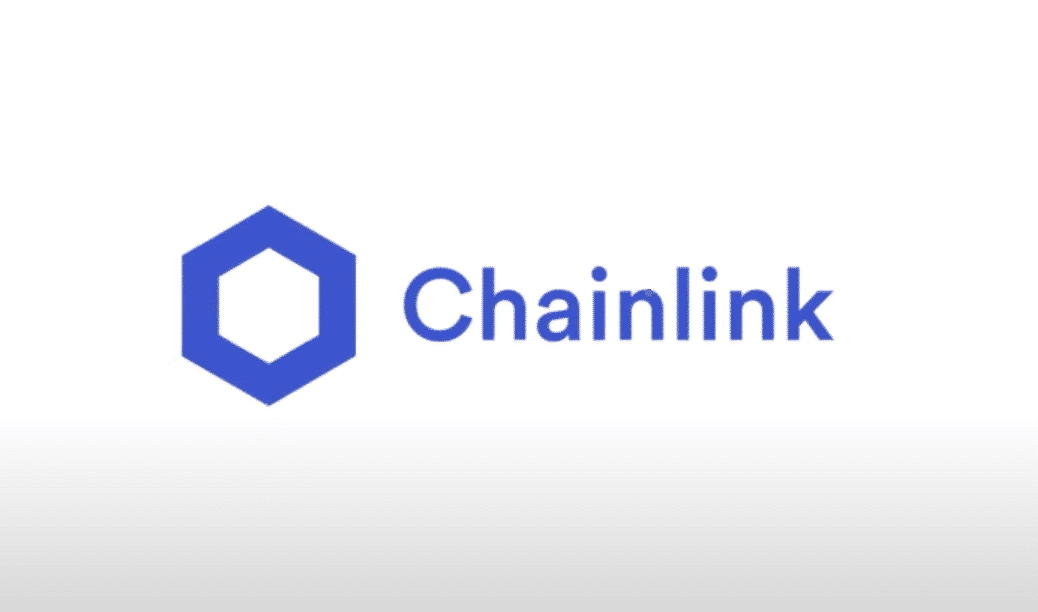Ethereum Validators Win ‘Short Term’ As Blur, OpenSea Rival Raises Gas Fees


Ethereum miners, now referred to as validators after the Ethereum blockchain “Merge” in September, are taking advantage of the intense competition between non-fungible token (NFT) marketplaces Blur and OpenSea that have driven up transaction or gas fees on the network.
Ethereum gas fees, which typically rise when there is greater demand for network block space, have risen since the beginning of the year, with recent peaks driven mainly by the NFT market, according to data from blockchain data company Glassnode.
Ethereum validators earn rewards via gas fees by staking their own Ether to secure the network. Median transaction gas prices came in at 35 Gwei (one ETH face value) on Monday, surpassing 38 Gwei on February 16, the highest since June 2022, Glassnode data showed.
“Miners are the clear winners right now as they process this massive surge in transactions on Ethereum,” said Yehudah Petscher, NFT Relationship Strategist at Forkast Labs’ Cryptoslam.
“You’re reminded of that every time you go to trade, whether you’re sending ETH between wallets or buying an NFT. That little warning pops up in MetaMask telling you that the network is busy, and you can’t help but think where well the miners are doing it, Petscher added.
Launched in October, the Blur NFT marketplace has gained traction as it charges no transaction fees for users and recommends a low royalty rate for NFT creators. The moves were seen as a clear challenge to NFT market leader OpenSea, which responded by slashing fees to zero for popular NFT collections as they lost ground to Blur.
Short term victory?
Alice Kohn, an analyst at Glassnode, wrote in a report last week that the recent market focus on Blur has “led to an increase in demand for block space, resulting in increased fees for validators.”
Over the past seven days, the Blur NFT marketplace has recorded $410.93 million in trading volume, more than seven times higher than OpenSea’s $52.4 million, DappRadar data showed.
Elsa Kong, head of research for the Singapore-based NFT data company NFTGo, told us Discard that the high gas fees caused by the Blur token airdrop could be seen as beneficial for Ethereum validators in the short term, but “probably wouldn’t bring about any major changes in the long run.”
Kong said that it was not entirely accurate to call Ethereum miners the “winners” in this situation, since the success of the Ethereum network depends on a number of factors, including user adoption, network security and developer activity.
“It is important to note that the Blur token airdrop is not directly related to Ethereum miners, as the miners care more about the Ethereum upgrade that (switched from) proof-of-work to proof-of-stake,” said King.
Bigger stakes
Nick Ruck, head of strategy for NFT licensing firm ContentFi, said smaller players may not see much of a difference in their earnings, adding that he has been an active Ether player since November.
“Obviously higher gas taxes aren’t good for everyday users, but you get more fees for strikers anyway,” he said.
“Personally, the higher gas fees from my own day trading are not offset by the increase in earned fees, but I also don’t bet much compared to a larger staking-as-a-service firm,” Ruck added. “For most people who bet in pools, they may not see a big difference since they are dividing in portions.”
Ruck said there is “a lot of maintenance” that goes into validating. “The more industrialized your setup, the more you’ll earn simply because you’re more efficient. If you do this at home, for example, you will be penalized for going offline.”
Ruck agreed that validators will not be long-term beneficiaries of Blur and OpenSea’s battle for dominance “simply because I think it will be short-lived.”
“For now, they can earn more, but I think it’s too temporary,” Ruck said. “How long can Blur and OpenSea go without earning these fees, or only earn minimally compared to in the past?”
Kohn of Glassnode wrote that the recent attention surrounding Blur “has not yet had a noticeable impact on network adoption”.
Kohn said that Blur and OpenSea may be fighting for the same existing user base, as the latter’s interest in NFTs “seems to primarily appeal to existing users, and is currently unable to attract new users to the Ethereum network.”
Valida Pau contributed to this report.

























